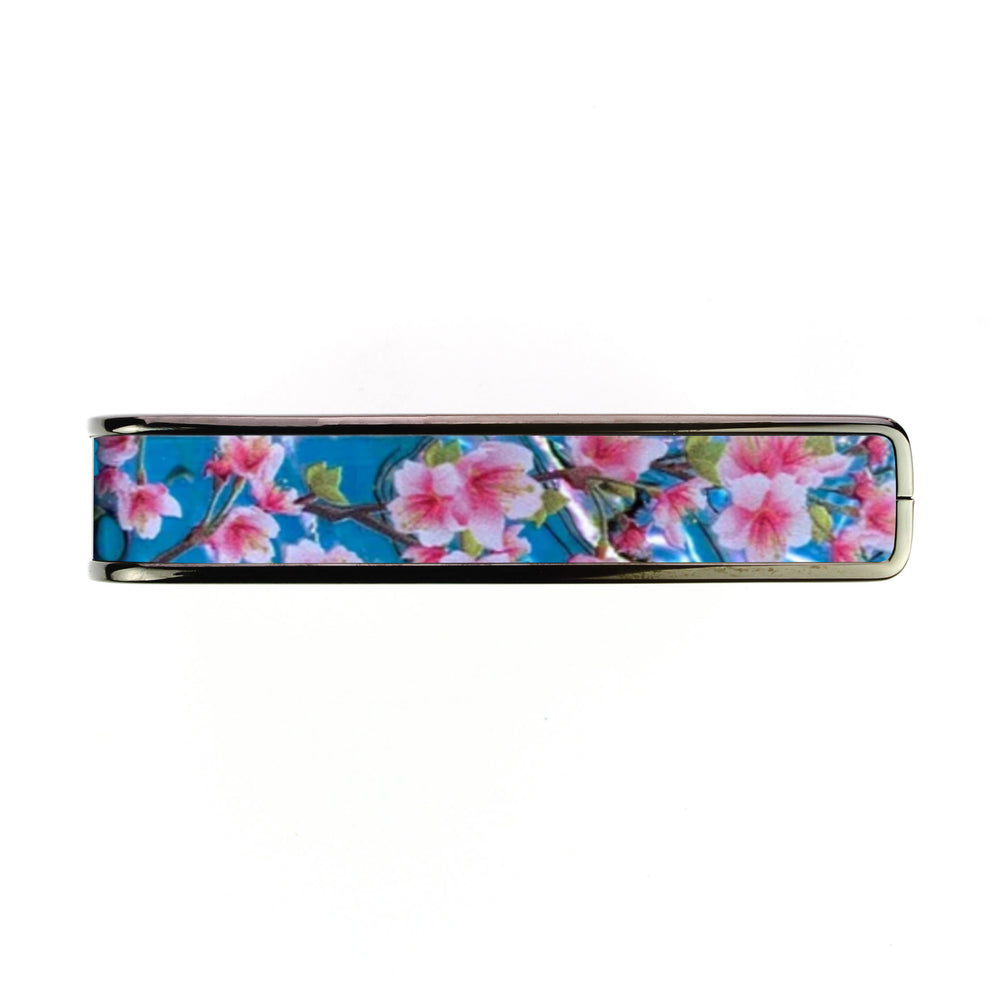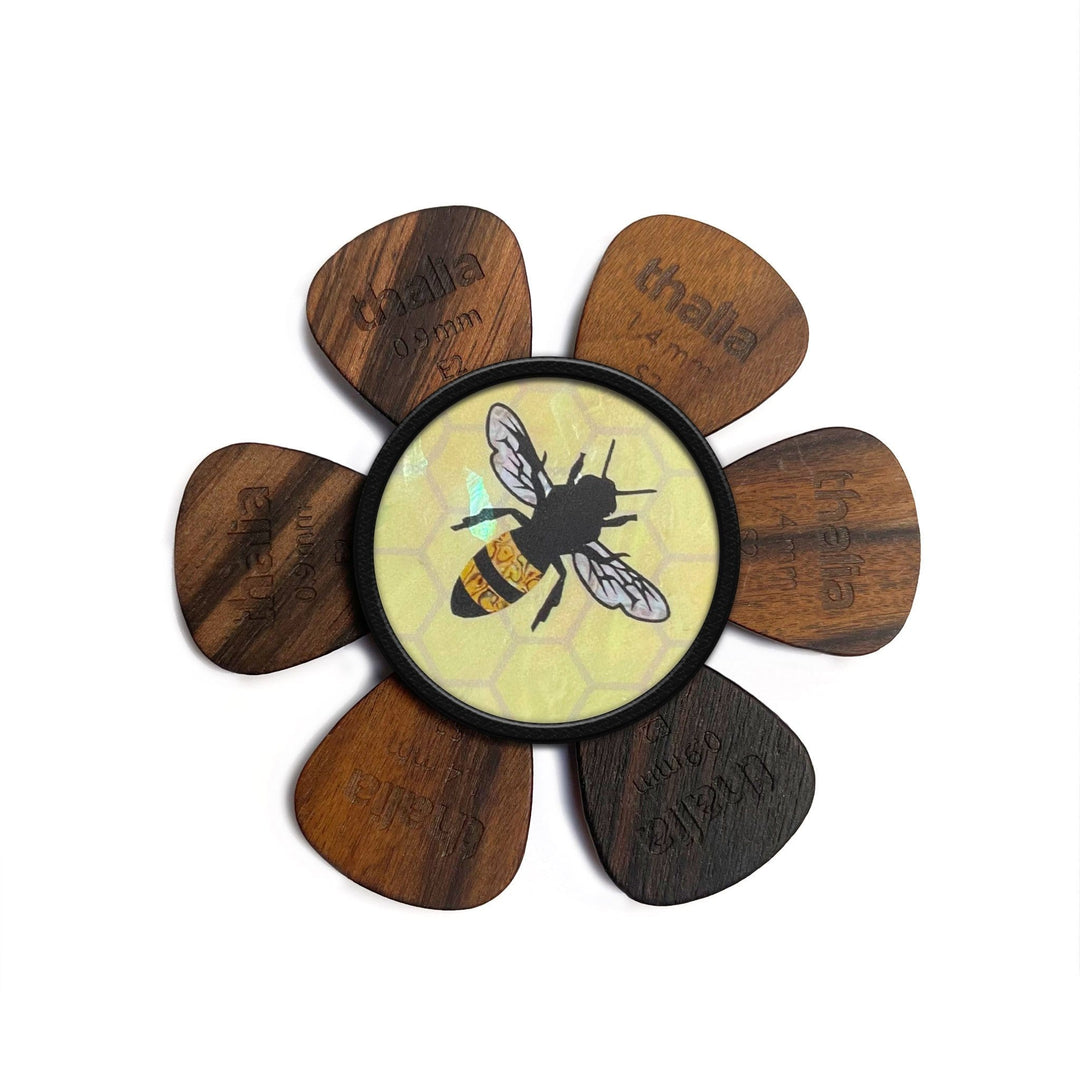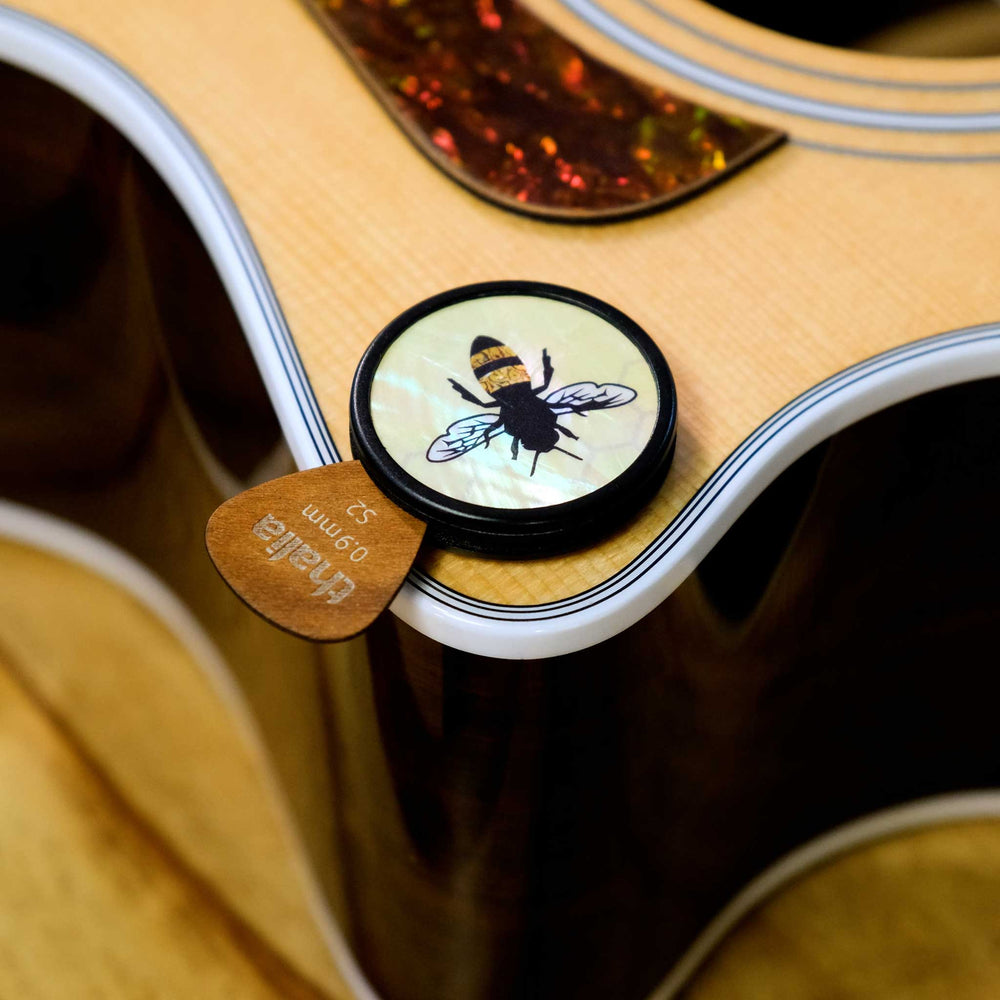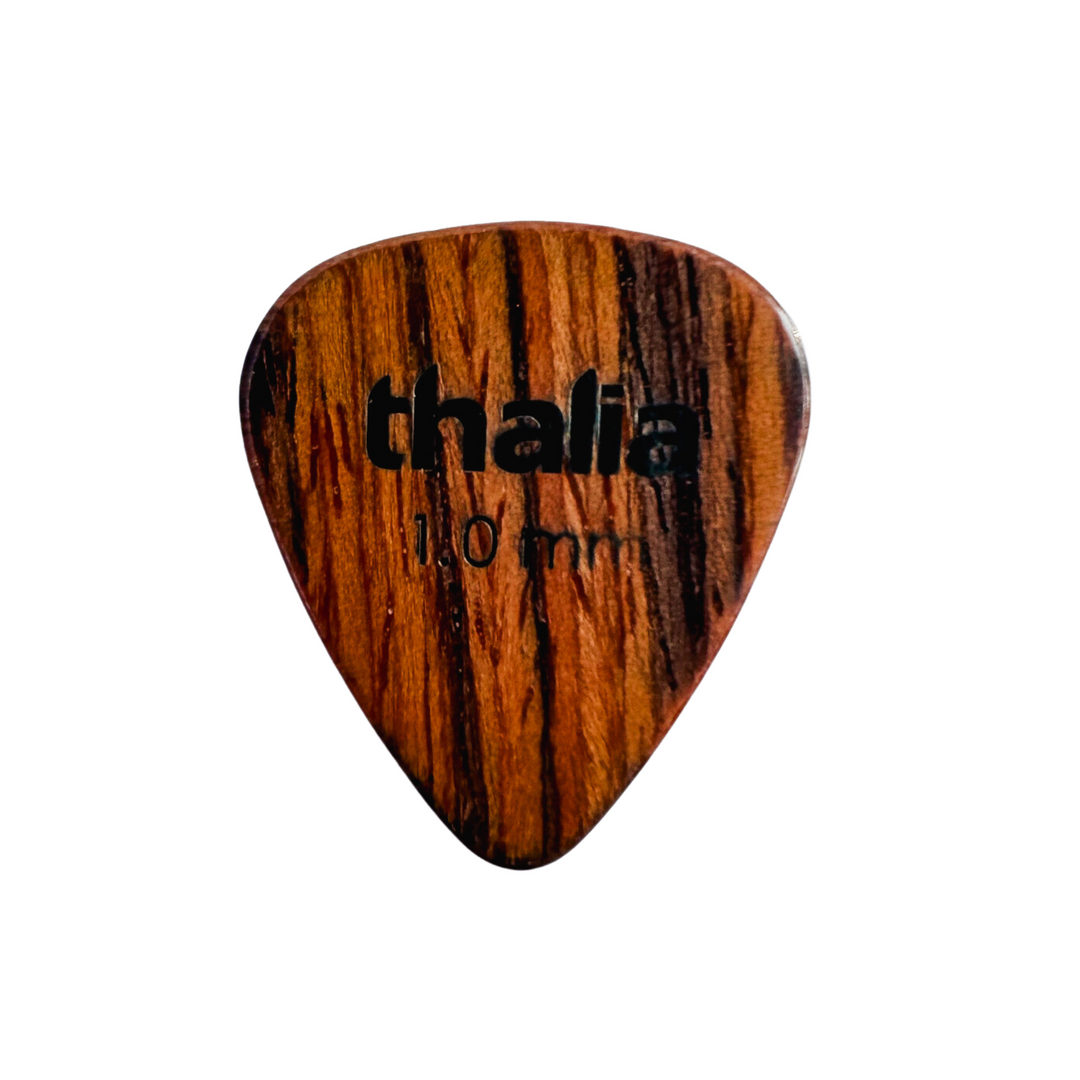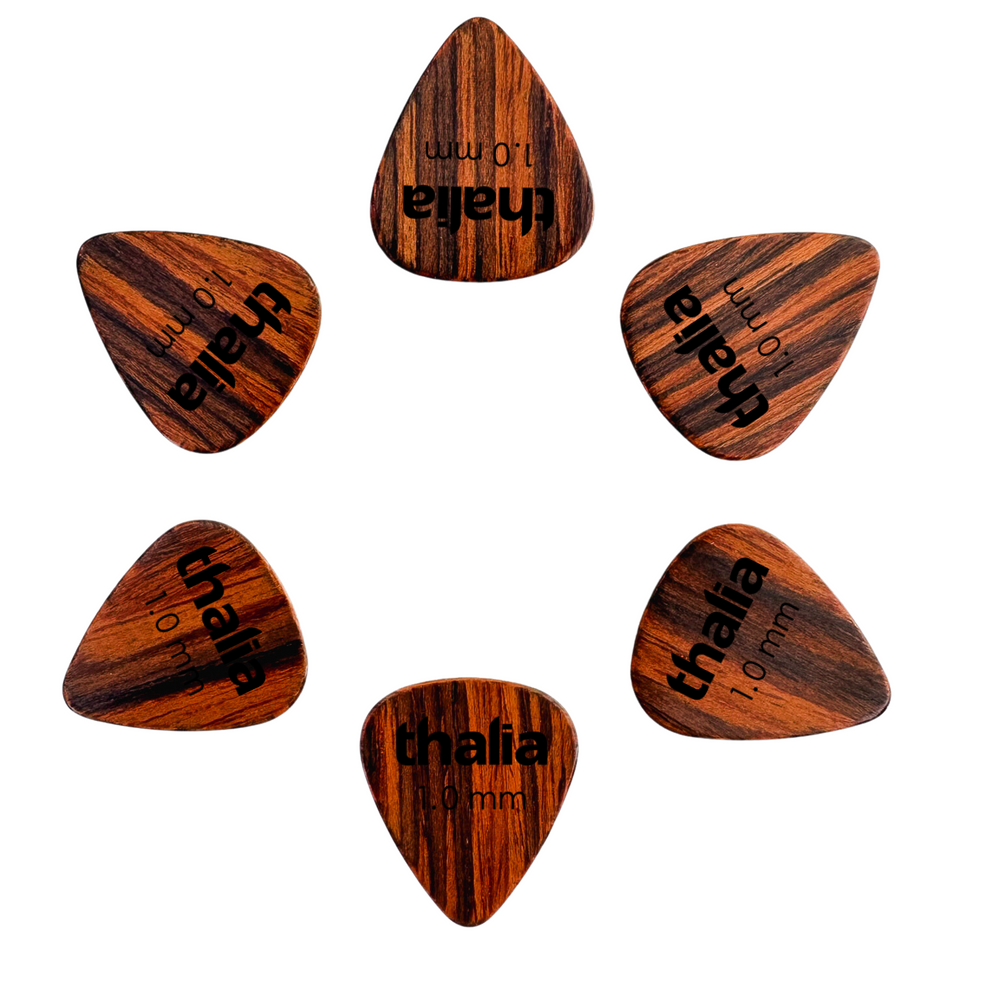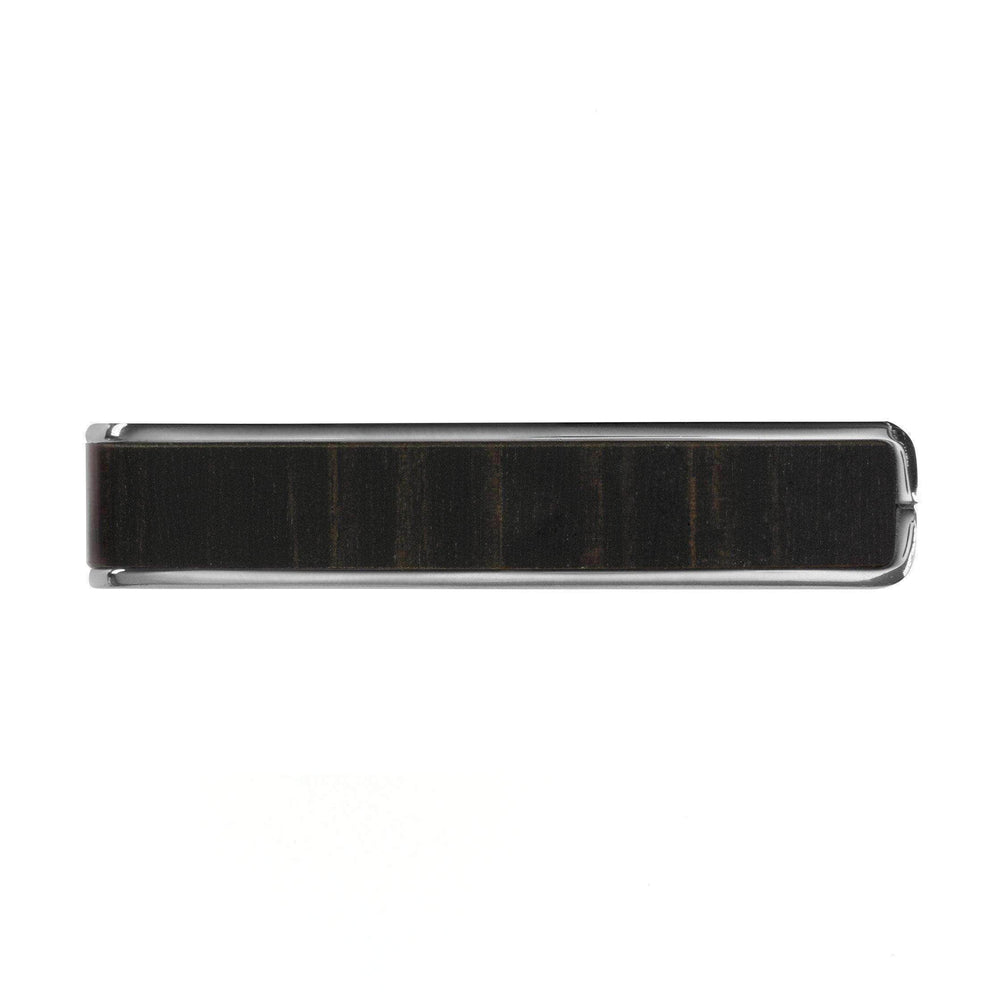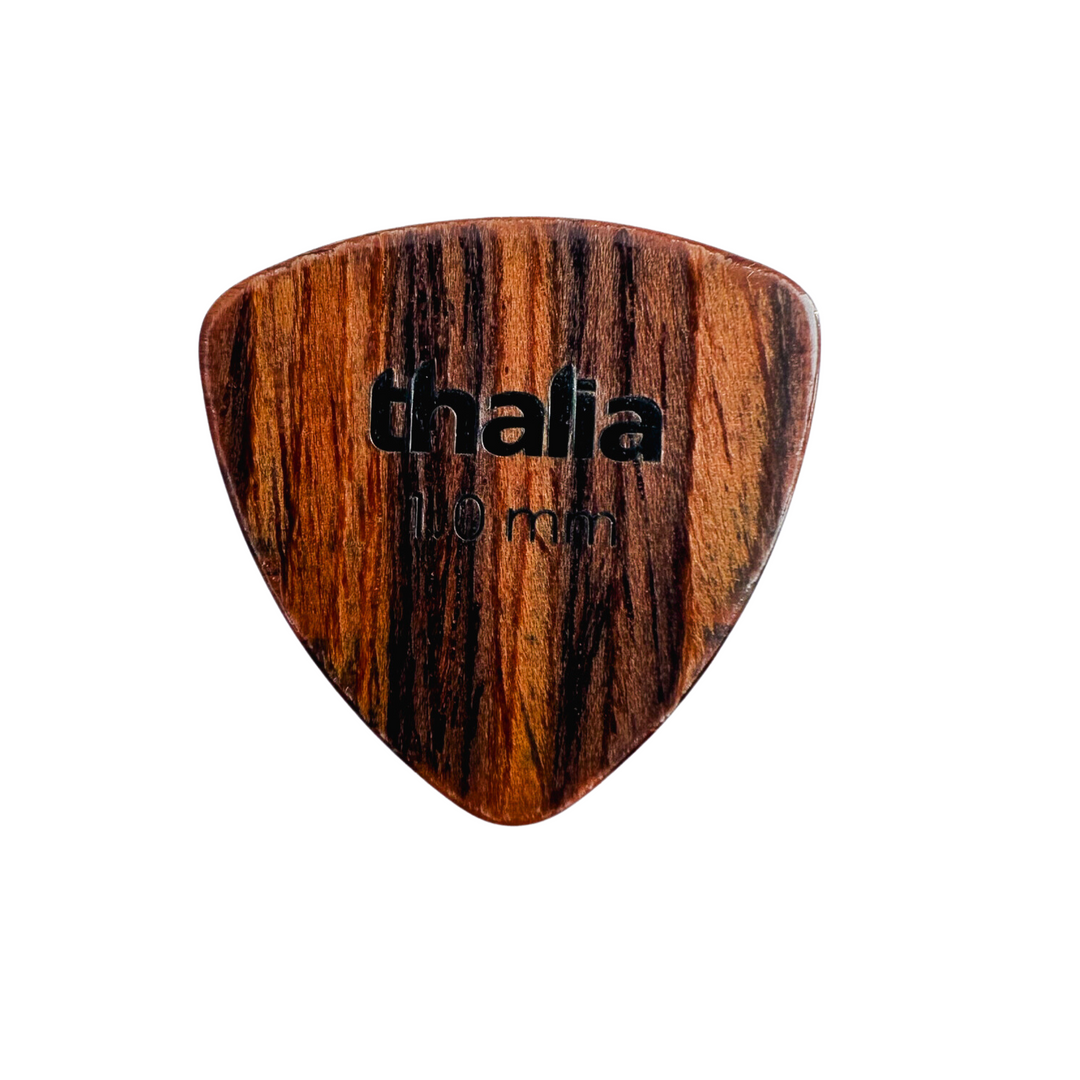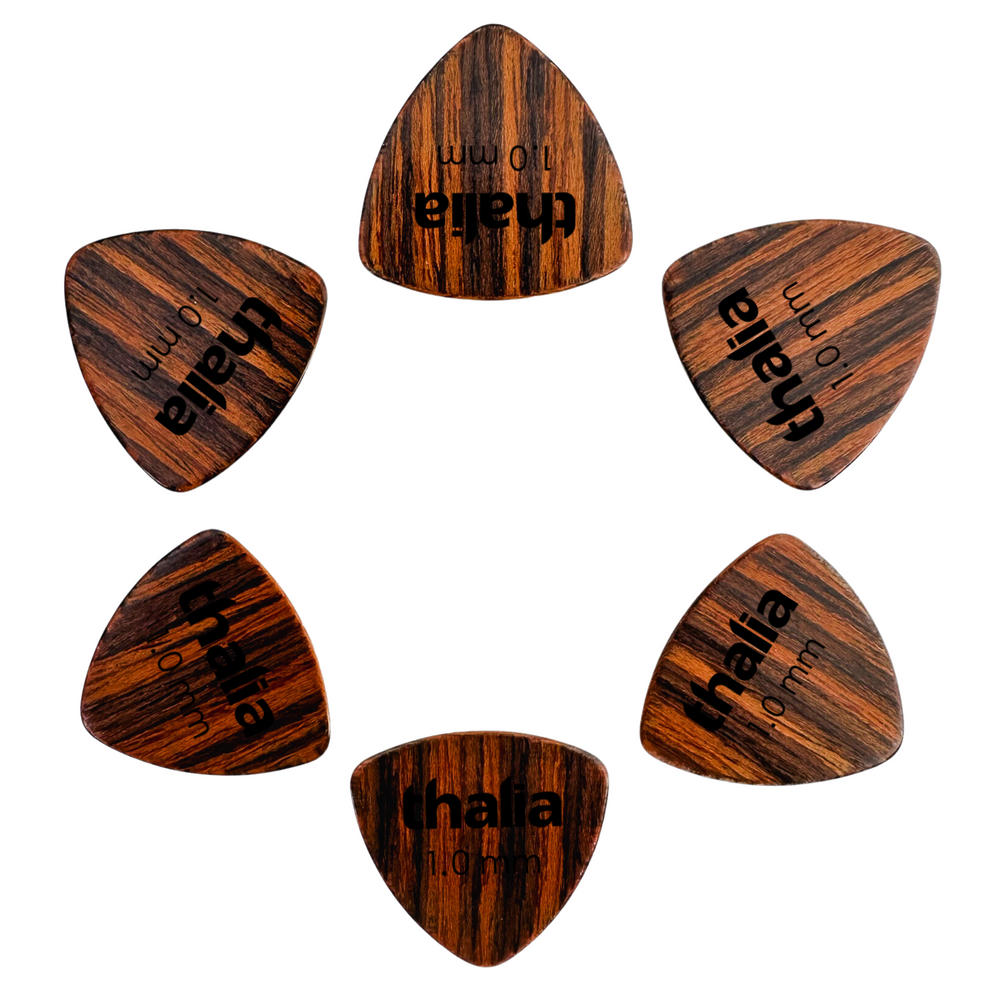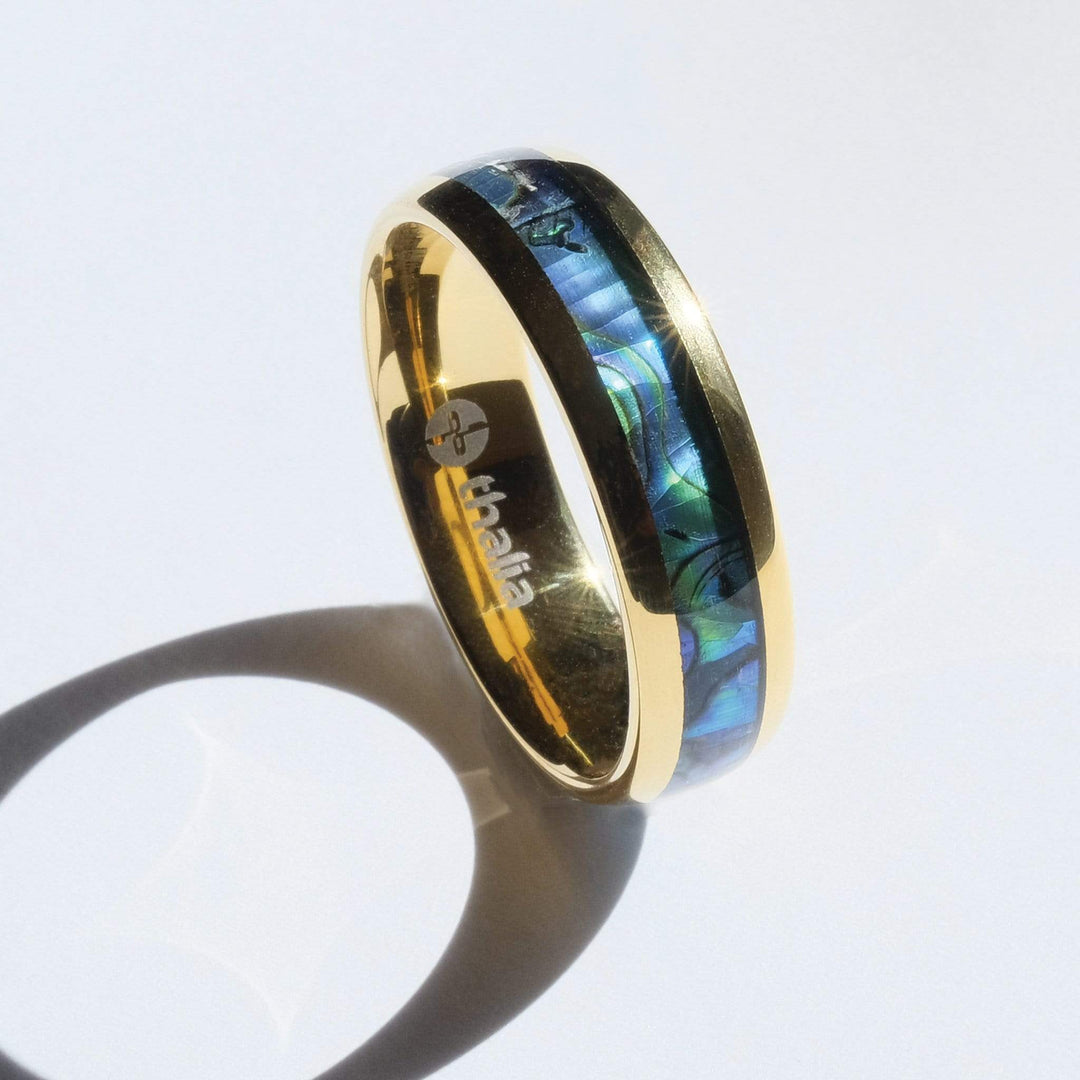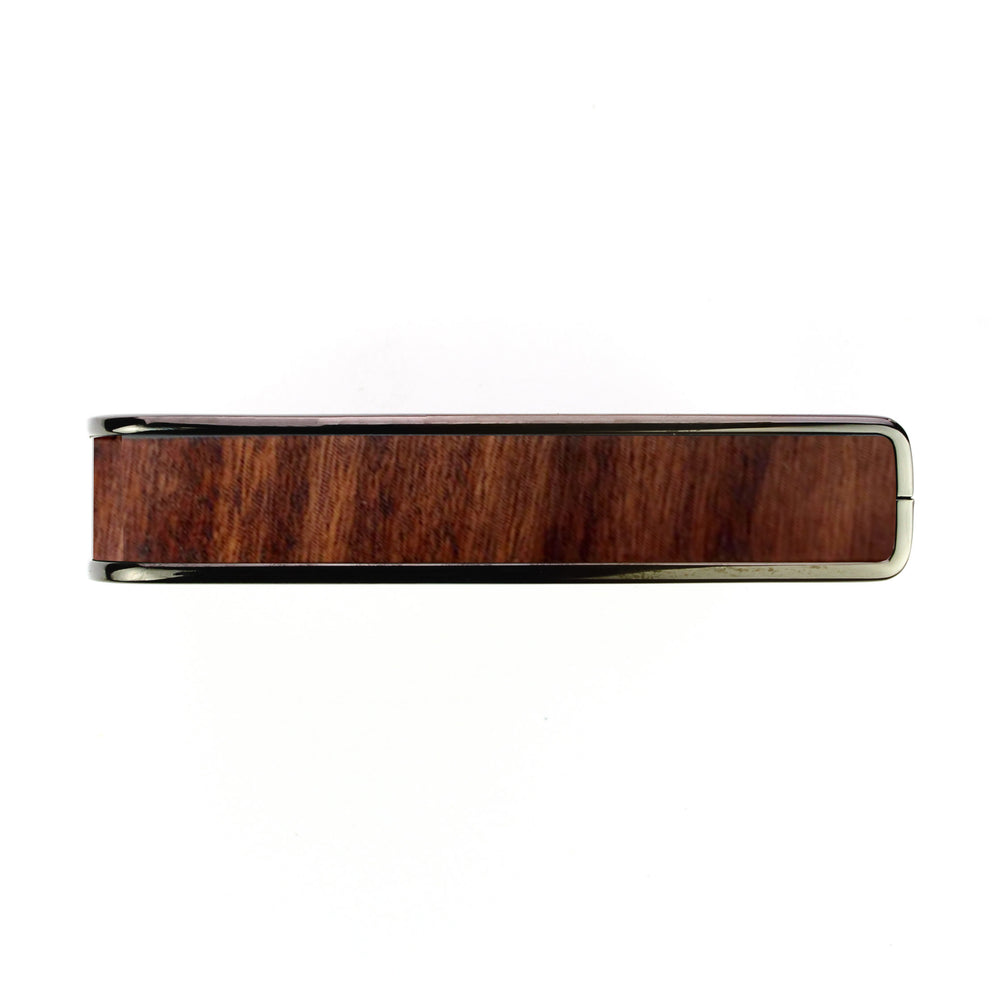Rhythm, Groove and Bombast

It’s safe to say that some of the most influential musicians in the 1960s came from Britain. The list sure backs up that fact: Eric Clapton, Jimmy Page, Jeff Beck, Pete Townshend, Peter Green, Richie Blackmore, John Lennon, George Harrison, and I can go on and on and on...
Notice, though, that I said musicians, not just guitarists. There are many heroes to be found for every instrument, particularly with our focus for this piece: the drums.
Now, I have a massive love for great drummers. During high school, I was a drummer and percussionist in many jazz and concert band ensembles (as well as bass and guitar, but I digress). I also love the rhythmic approach used by drummers, so much so that I wrote about how a teacher used the concept of teaching rhythm to a guitar player as he would a drummer in a previous blog for Thalia Capos.
Today, we’ll examine three drummers from the golden period of the 1960s: Keith Moon, Ginger Baker, and John Bonham.
Keith Moon - Absolute Manic Magic
“Everything you’ve ever heard about Keith Moon is true. And, you’ve only heard a tenth of it.” That was how Alice Cooper described Moon in an interview after stating that no one was better than Moon.
Known as the drummer for the English rock band The Who, “Moon The Loon” was about as eccentric as they come, both in his personality and drumming style. No other drummer has come close to combining the on-stage energy of Gene Kruppa, the creative drumming arranging of Ringo Starr, and the bombast of Animal.
He was unique in using a double-bass kit and no hi-hat live (you would hear his playing on that in recordings) and playing with an intensity that still grooved hard. Though he seemed to be playing recklessly, there was still an intuition there, playing fills that would enhance a riff or melody without stepping on it.
The only thing more famous about Moon than his playing was his antics. Many hotel rooms fell victim to his energy; he was revered for his pranks, and his consumption of substances was legendary. Sadly, that third point would eventually catch up to him, leading to his death in 1978 at the age of 32.
Ginger Baker - Bringing Jazz to Rock
“If they got a problem with me, come and see me and punch me on the nose! I ain’t gonna sue you. I’m gonna hit you back!” If there were one sentence to sum up Ginger Baker’s attitude, that would be about it. It’s no wonder that the 2012 documentary about his life was called Beware of Mr. Baker.
Baker, who gained fame in the 1960s as a member of the Graham Bond Orchestra, Cream (with Jack Bruce and Eric Clapton), and Blind Faith, is another English drummer revered as one of the best. His significant difference from his contemporaries was his approach. He came from a much more jazz-influenced background, having taken lessons with Phil Seamon in the early 1960s.
That approach gave him a unique style in a rock context. Cream was the perfect band for that type of drumming, particularly with the long jams and extended solos the band had on stage, particularly “The Toad,” which would feature an extended solo.
He would further expand his playing, incorporating African rhythms (setting up a studio in Lagos, Nigeria), jamming with Fela Kuti and many jazz drummers, and forming his fusion band Ginger Baker’s Air Force.
He spent his later years collaborating with Masters of Reality, Gary Moore (in the BBM project along with Jack Bruce), and his jazz ensembles until he died in 2019 at 80.
John Bonham - The Hammer of the Gods
It’s likely official that John Bonham is probably your favourite drummer’s favourite drummer. His sound was larger than life, his pocket was as deep as they come, and his legend has lived longer than his all-too-short life. Being the perfect foil to John Paul Jones, Led Zeppelin would not have been able to exist without him.
Starting with a snare at age ten and a complete kit at age 15, Bonham learned the drums by copying his idols, including Max Roach, Gene Kruppa, and Buddy Rich. After playing his way through various bands, he eventually joined a group called Band Of Joy, featuring a certain Robert Plant among its ranks. When Jimmy Page decided to create a new group, he saw Bonham drumming for Tim Rose one evening and found his drummer. The rest is history.
What stood Bonham apart from many other drummers was his pocket. He was a master of playing ahead or behind the beat whenever either approach was called for. Combined with a weighty tone (he tended to use large drums and cymbals), this made for some of the heaviest grooves ever laid down. Add his signature triplet fills (including those between the toms and bass drum) and penchant for incorporating different feels from funk to Latin and everything in between, and you have the Bonham sound.
Beyond his work with Led Zeppelin, Bonham also appeared on recordings by Lulu, Jimmy Stevens, Roy Wood, and Wings. You’ll have no problem telling if he’s the one drumming on something; he’s that distinct.
His sound was essential to what made Led Zeppelin what it was. So much so that after his accidental death after a night of heavy drinking in 1980 at the age of 32, the band chose to end things rather than find a replacement—quite the testament to such a singular player.
These are but three members of the pantheon of drumming. Each was unique in his way and revered for what he brought to the instrument. Are there other drummers from that era worthy of a mention (and we know there are)? Leave the names of your favourites in the comments!
By Kevin Daoust - instagram.com/kevindaoust.gtr
Kevin Daoust is a guitarist, guitar educator and writer based in Gatineau, Quebec, Canada. When not tracking guitars for artists around the world, or writing music-related articles around the internet, he can be seen on stage with Accordion-Funk legends Hey, Wow, the acoustic duo Chanté et Kev, as well as a hired gun guitarist around Quebec and Ontario. He holds a Bachelor of Music in Guitar Performance from Carleton University in Ottawa, Ontario, Canada.



